News
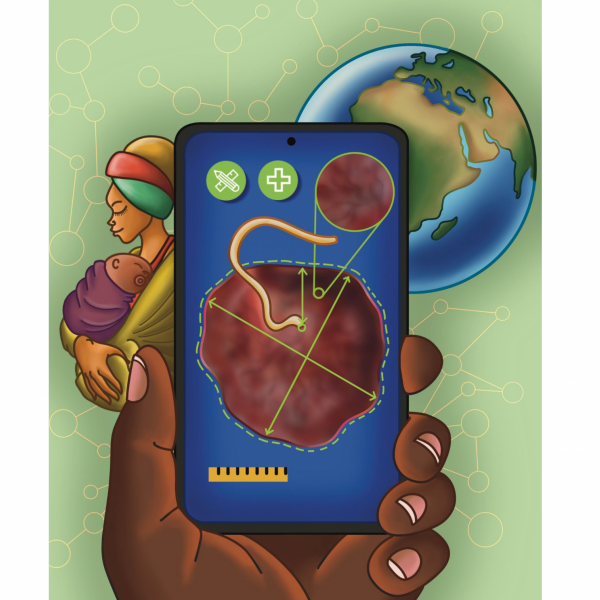
Dec 18, 2024
Placenta assessment tool aims to improve neonatal, maternal care
A multi-national, multi-institutional team led by Penn State researchers developed a new tool that enables doctors to examine placentas right at the bedside using just a phone.
Full Article
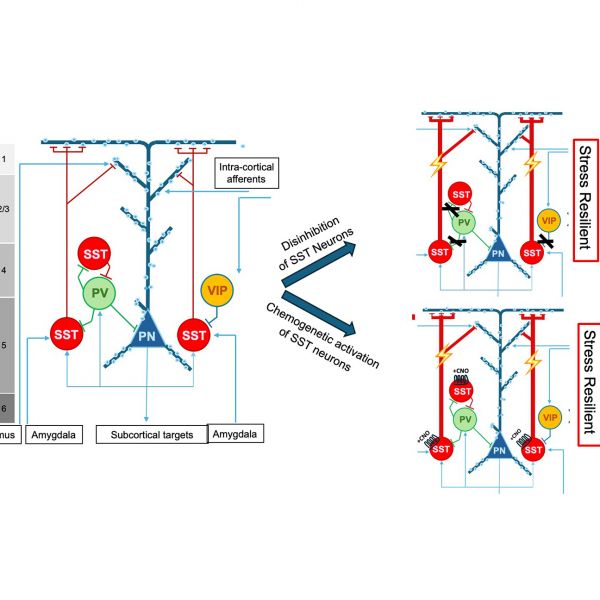
Dec 17, 2024
Brain regions that relieve effects of chronic stress in mice differ based on sex
In two new studies, researchers made mice resilient to stress by activating neurons in different brain regions and found that the changes involved are highly sex-specific
Full Article

Dec 12, 2024
Center for Socially Responsible AI awards seed funding to seven diverse projects
The Penn State Center for Socially Responsible Artificial Intelligence (CSRAI) has announced the results of its most recent seed-funding competition.
Full Article
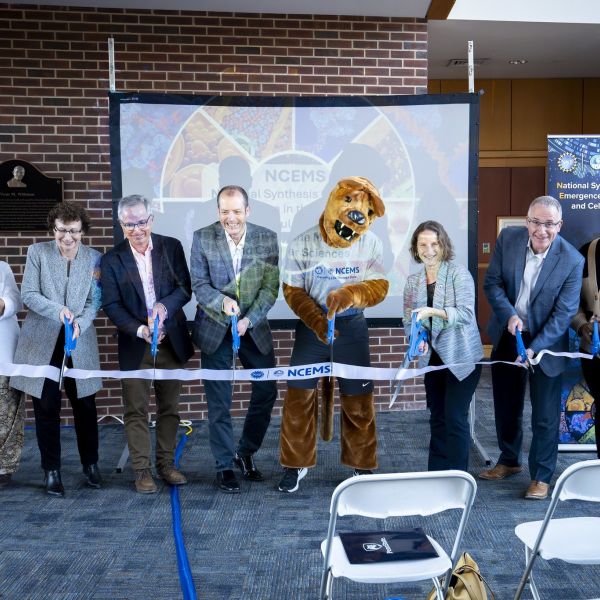
Dec 02, 2024
Heard on Campus: Launch of new center in molecular and cellular sciences, NCEMS
Reception celebrates new NSF-funded National Synthesis Center for Emergence in the Molecular and Cellular Sciences at Penn State.
Full Article
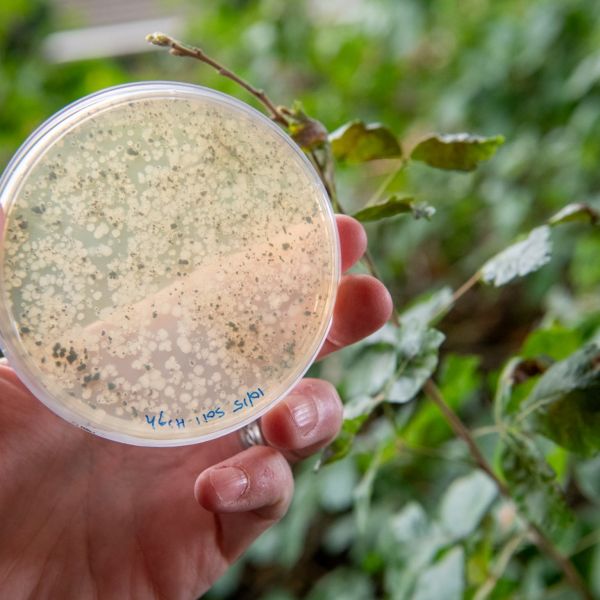
Nov 15, 2024
Q&A: How do microbiomes influence the study of life?
Microorganisms — bacteria, viruses and other tiny life forms — may drive biological variation in visible life as much, if not more, than genetic mutations, creating new lineages and even new species of animals and plants, according to Seth Bordenstein, director of Penn State’s One Health Microbiome Center within the Huck Institutes of the Life Sciences.
Full Article
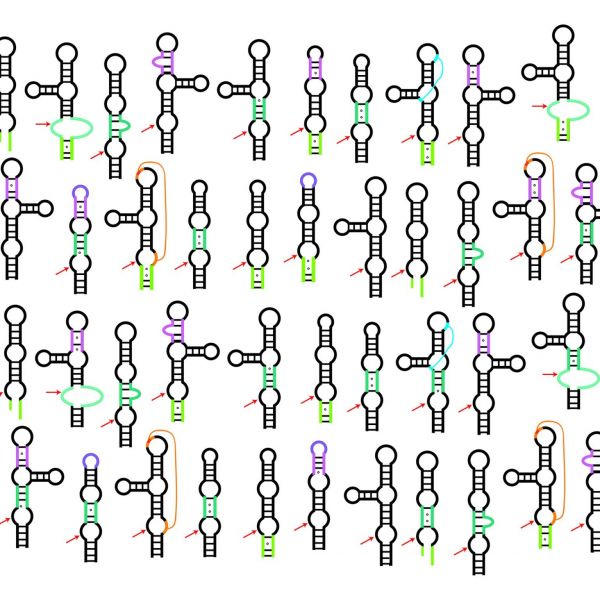
Nov 06, 2024
Testing thousands of RNA enzymes helps find first ‘twister ribozyme’ in mammals
A new method, developed by Penn State researchers, can test the activity of thousands of predicted ribozymes in a single experiment.
Full Article

Oct 31, 2024
Huck researchers reflect on the 2024 Nobel Prize in Chemistry
This month, the Nobel Prize in Chemistry was awarded to three scientists credited with historic breakthroughs surrounding proteins and their structures. Three Huck researchers working on similar challenges chime in with their thoughts.
Full Article

Oct 25, 2024
Re-engineered, blue light-activated immune cells penetrate and kill solid tumors
A team led by researchers from the Penn State College of Medicine has re-engineered immune cells so that they can penetrate and kill solid tumors grown in the lab.
Full Article
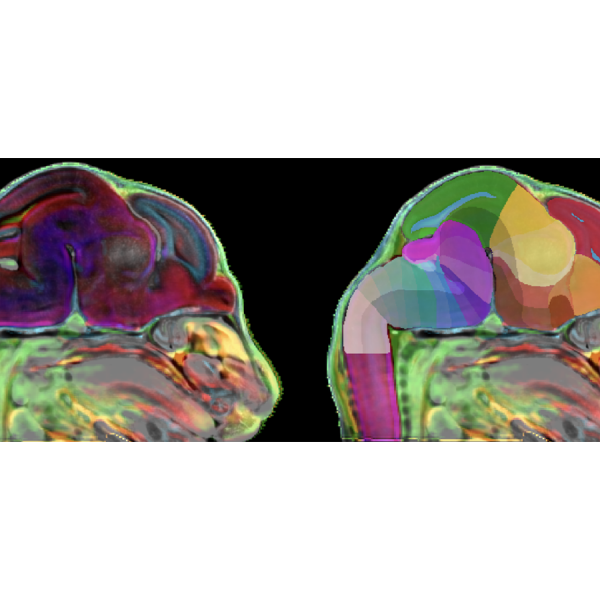
Oct 22, 2024
Researchers develop 3D atlas of the developing mammalian brain
A 3D atlas of developing mice brains using advanced imaging and microscopy techniques has been created by a team of researchers at Penn State College of Medicine and collaborators from five different institutes.
Full Article
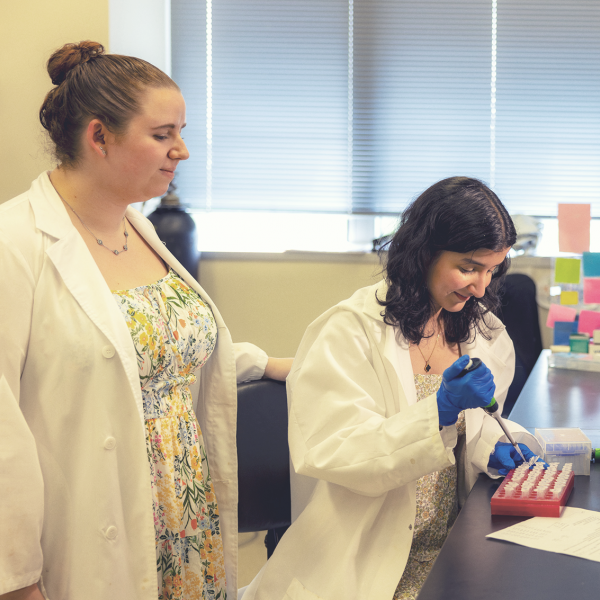
Oct 14, 2024
Toxic protein may contribute to ALS development
New study elucidates the physiological processes that may contribute to ALS development and identifies a potential therapeutic target
Full Article